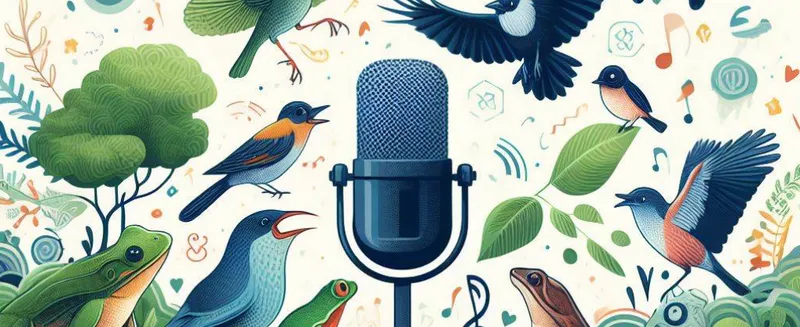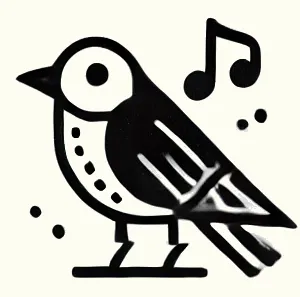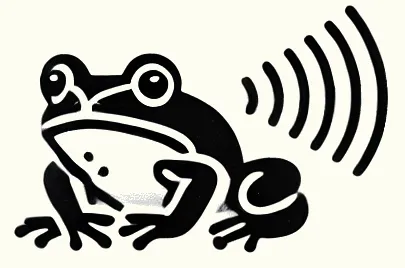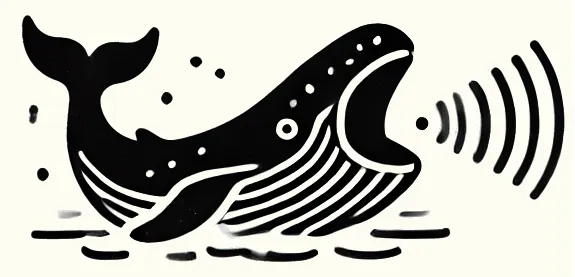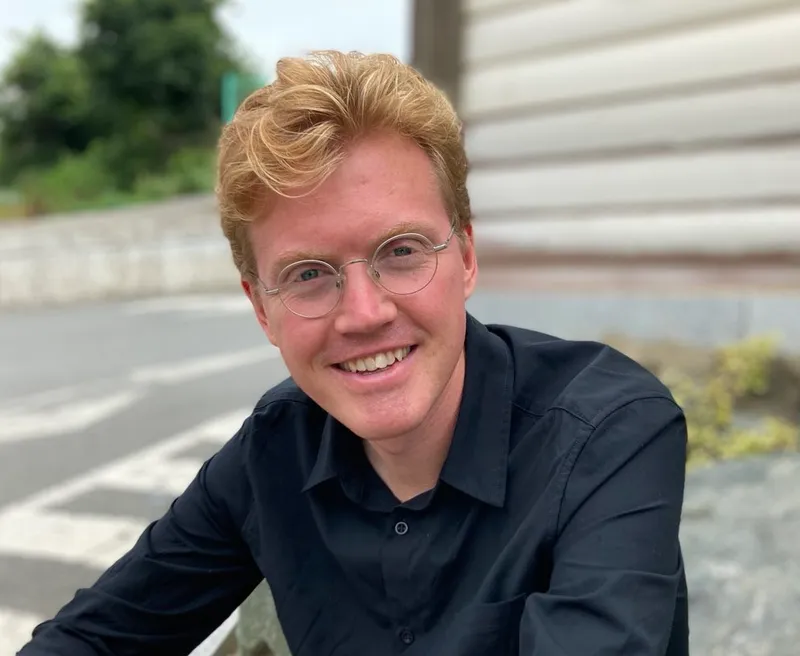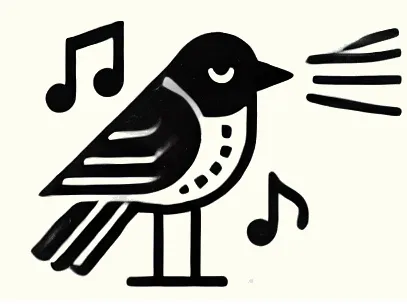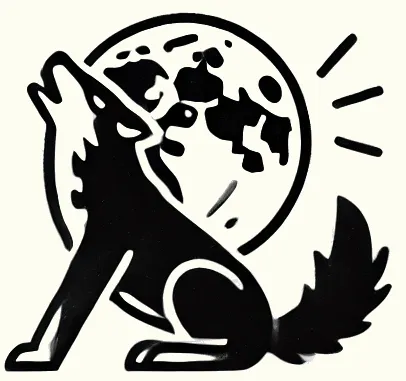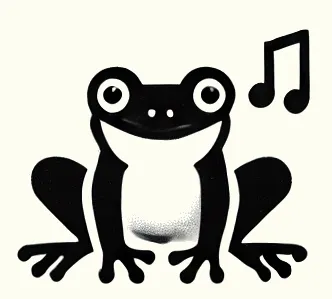From Weak to Strong Sound Event Labels using Adaptive Change-Point Detection and Active Learning
Authors: John Martinsson, Olof Mogren, Maria Sandsten, Tuomas Virtanen
Published in: 2024 32nd European Signal Processing Conference (EUSIPCO)
Awards and Nominations: Nominated for Best Student Paper Award
Year: 2024
Location: Lyon, France
Keywords: active learning, weak labeling, adaptive change point detection, bioacoustic event annotation, machine listening
Abstract
We propose an adaptive change point detection method (A-CPD) for machine guided weak label annotation of audio recording segments. The goal is to maximize the amount of information gained about the temporal activations of the target sounds. For each unlabeled audio recording, we use a prediction model to derive a probability curve used to guide annotation. The prediction model is initially pre-trained on available annotated sound event data with classes that are disjoint from the classes in the unlabeled dataset. The prediction model then gradually adapts to the annotations provided by the annotator in an active learning loop. We derive query segments to guide the weak label annotator towards strong labels, using change point detection on these probabilities. We show that it is possible to derive strong labels of high quality with a limited annotation budget, and show favorable results for A-CPD when compared to two baseline query segment strategies.
BibTeX
@INPROCEEDINGS{Martinsson2024_acpd,
author={Martinsson, John and Mogren, Olof and Sandsten, Maria and Virtanen, Tuomas},
booktitle={2024 32nd European Signal Processing Conference (EUSIPCO)},
title={{From Weak to Strong Sound Event Labels using Adaptive Change-Point Detection and Active Learning}},
year={2024},
volume={},
number={},
pages={902-906},
keywords={Adaptation models;Annotations;Noise;Europe;Predictive models;Audio recording;Data models;Active learning;annotation;sound event detection;deep learning},
doi={10.23919/EUSIPCO63174.2024.10715098}
}
License/copyright for PDF: “© 2024 IEEE. Personal use of this material is permitted. Permission from IEEE must be obtained for all other uses, in any current or future media, including reprinting/republishing this material for advertising or promotional purposes, creating new collective works, for resale or redistribution to servers or lists, or reuse of any copyrighted component of this work in other works.”
